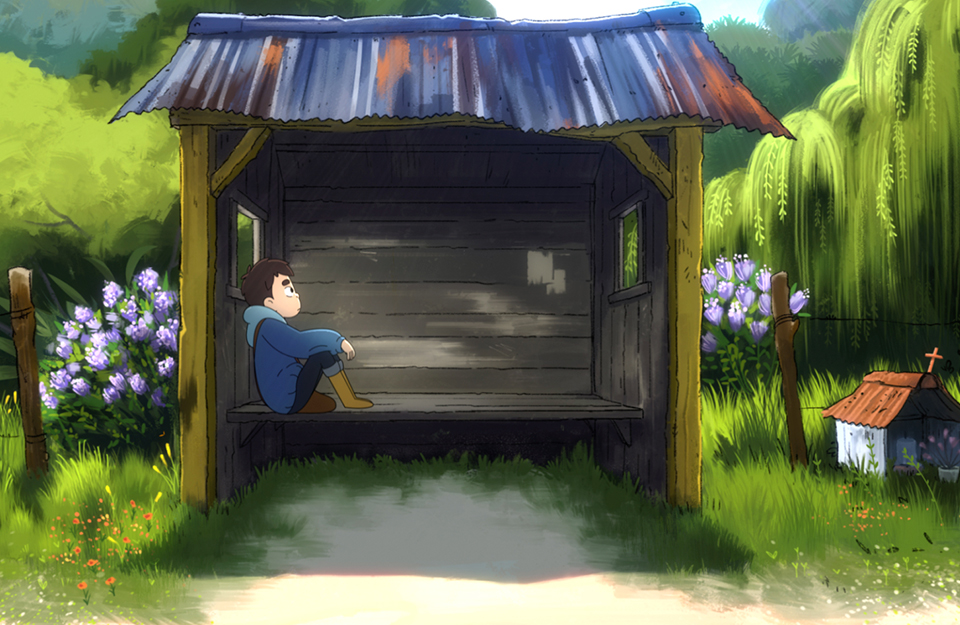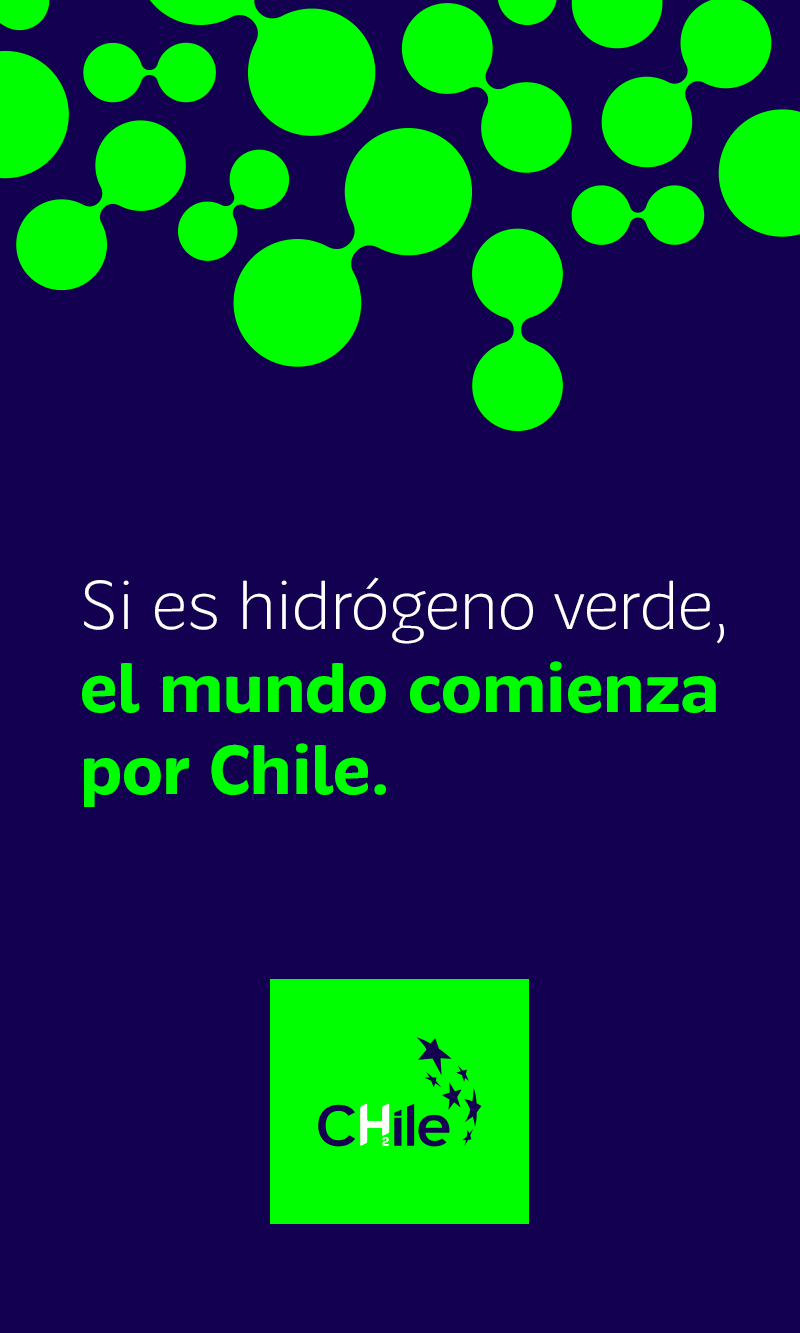
Nahuel and The Magic Book was the only Latin American and Spanish-language film nominated in the competition category at the Annecy 2020 Festival, which this year had an online edition between June 15 and 30. The film written by Germán Acuña and Juan Pablo Sepúlveda, which was co-produced between Chile and Brazil, with the Chilean part being the majority (80%-20%), mixes adventure, fantasy and Chiloé myths through the story of a 12-year-old boy who must rescue his father, who has been captured by a dark sorcerer, while facing his deepest fears.
A family trip in 2011 to the island of Chiloé was what inspired director Germán Acuña to create the film, he says that "at that time I already had my production company and when I went to Chiloé I saw it with different eyes, I realized how rich this place is in mythology, culture and landscapes. Chiloé has a lot of characteristics and raw material to tell stories inspired by this mythological dimension.
After in-depth research and interviews with locals in the area, Germán was able to soak up the culture, customs, myths and legends that still live on the island. "For me it was very shocking to see that this was not a topic that lived on the surface, but that the people of the area really have a thousand stories of myths and witches.
What is the relationship of the animated feature film with the island of Chiloé in southern Chile?
What does "Nahuel y el Libro Mágico" seek to show in its characters some characteristics of the Mapuche native people?
G.A: It is a film that seeks to bring people closer to these cultural levels through entertainment with a product that lives in the realm of pop culture. The film seeks to be seen by as many people as possible, and hopefully if children see it they can feel interested in Mapuche culture with the characters. I feel that is much more powerful than trying to teach them.
How has the Chilean animation industry progressed in recent years?
G.A: I hope that every production that there is in Chile is a step forward, Chile does not have a very long history of animated feature films, in fact, there are very few. The animation "Historia de un Oso", which won an Oscar in 2016, is the one that puts Chile on the world map.
How does "Nahuel and the Magic Book" differ from other Chilean films that have been selected by the Annecy festival?
I think the difference that Nahuel has is that it is a film that was in the competition category and has a family focus. It goes out to tell the world that in Chile and South America films are produced that target a wide audience with a more commercial spirit. In addition, the technical quality was another aspect that attracted attention, because in general in Latin America there are not many productions that surprise with their technical and artistic level.
Do you think there is talent in Chile to continue growing and conquering the world with local productions?
Watch the first official trailer for the feature film.






